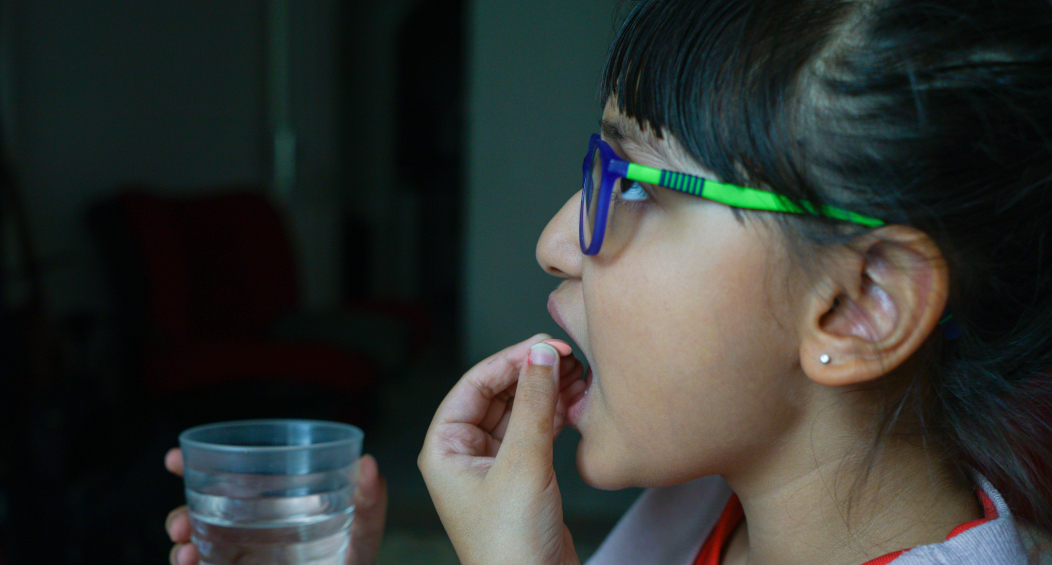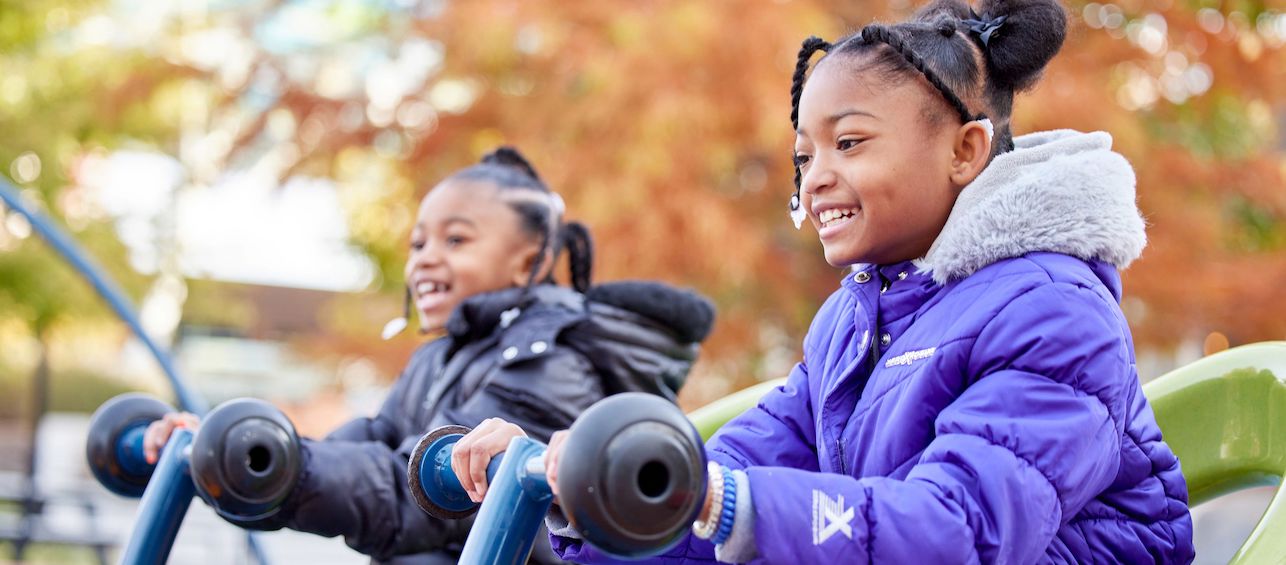Kids understand kindness at a very early age. In fact, babies as young as 8-12 months can demonstrate kindness by sharing their food and toys with others. Kindness is the trait of being selfless, generous, considerate and friendly; qualities that most parents like to foster in their children. And with good reason – acts of kindness impact the levels of certain neurotransmitters in our brains that affect happiness and attachment to others.
Further, for those kids who seem to naturally struggle with kindness, the good news is that it can be taught just like any other skill. And the earlier it’s taught, the better! Here are a few ways to foster kindness in kids:
1. Be a good role model
Role modeling is probably the first step in teaching kindness to kids. If they see you being kind, it normalizes it for them. Hold doors open for people. Thank your server. Use specific kind language, such as: “I can see you are hurting,” or “This is a hard situation,” or “What can I do to help? I’m here for you.” They’ll pick up on these acts and will emulate them.
2. Teach them to be helpers
Helping is a form of kindness. Kids as young as two or three can learn how to be helpful. Ask for their assistance. Acts such as carrying groceries into the house or clearing the dishes can encourage kids to see that they, too, can make a difference in other people’s lives. Then thank them! (That leads to my next point…)
3. Be specific when expressing gratitude
When we express gratitude to our kids, we’re helping them realize that their actions have helped someone else. But it’s important to be specific so that they connect it to the act of kindness. Say, “Thank you for helping me carry the dishes to the sink. That saved me a lot of time.” Or, “I really liked how you helped your brother pick up his toys. That was very kind.” I encourage families to use the word kind so that the relationship is clear. You can also continue to foster gratitude by discussing it at the dinner table or saying what they were grateful for each day at bedtime.
4. Consider safety
It may seem obvious, but it’s worth noting that for kids to develop a sense of kindness for others, they must feel safe – both physically and emotionally. For instance, kids who grow up with neglect and abuse tend to struggle with kindness more. Foster a safe environment. If two brothers are hitting each other, let them know that it’s your job to keep them safe and you can’t let them hurt each other. Their home is their safe place.
5. Explain that small acts have big impact
Sure, the bigger acts of kindness are impactful. But those take more planning and are logistically more difficult to pull off. Smaller acts can be done with more frequency. And sometimes, it’s the smaller acts that go farther. A smile. Saying “I’m happy to see you.” Helping someone pick up something they dropped. I like to encourage older teens to imagine that we all have an emotional savings account. The account can grow with both big and small deposits (AKA acts of kindness). Smaller, more frequent deposits keep our account working best. For younger kids, the book about filling someone’s invisible bucket is a great metaphor for teaching the concept. You could also consider creating a kindness jar, where you put puff balls in it each time you catch them being kind. Then do something special as a family when it gets filled up.
6. Clarify that it’s not always easy
Being kind isn’t always easy. It can take a lot of work. It can also feel funny. For instance, we might not know what to say when someone we know is grieving. The important thing is that we try. Or teenagers can be ostracized for sticking up for someone else. It’s hard to go against the grain. I like to help kids and teens realize that we often have multiple feelings at the same time. It’s okay to feel happy and sad about the same experience.
7. Be kind to themselves, too
It’s important for kids to be kind to themselves, too. Sometimes when we focus on kindness we think that means only doing things to help others, but we cannot be a good helper if we don’t take care of ourselves. Good self-care involves regular sleep, eating, physical activity, hydration, socializing and fun. Being kind to themselves also includes positive self-talk. Encourage them to say only positive things. Saying, “I may not understand this right now, but I will,” rather than deprecating language. And forgiving themselves when they make mistakes or are unkind to others. Doing wrong things is all a part of the human experience. So is forgiveness and kindness.
8. Volunteer when/if possible
Volunteering is a great way for kids to see exactly who they’re helping and how. Families who volunteer together can talk about it and process the experience together. Your church, school and local community organizations are great places to start. Children will get more out of these experiences if the activity is one of interest and they get to help decide what activity to engage in (with parent encouragement).
Editor’s note: Peg Reardon, MA, LPCC-S, a clinical counselor in Behavioral Medicine and Clinical Psychology at Cincinnati Children’s and Muddy Creek Pediatrics, also contributed to this blog post.





